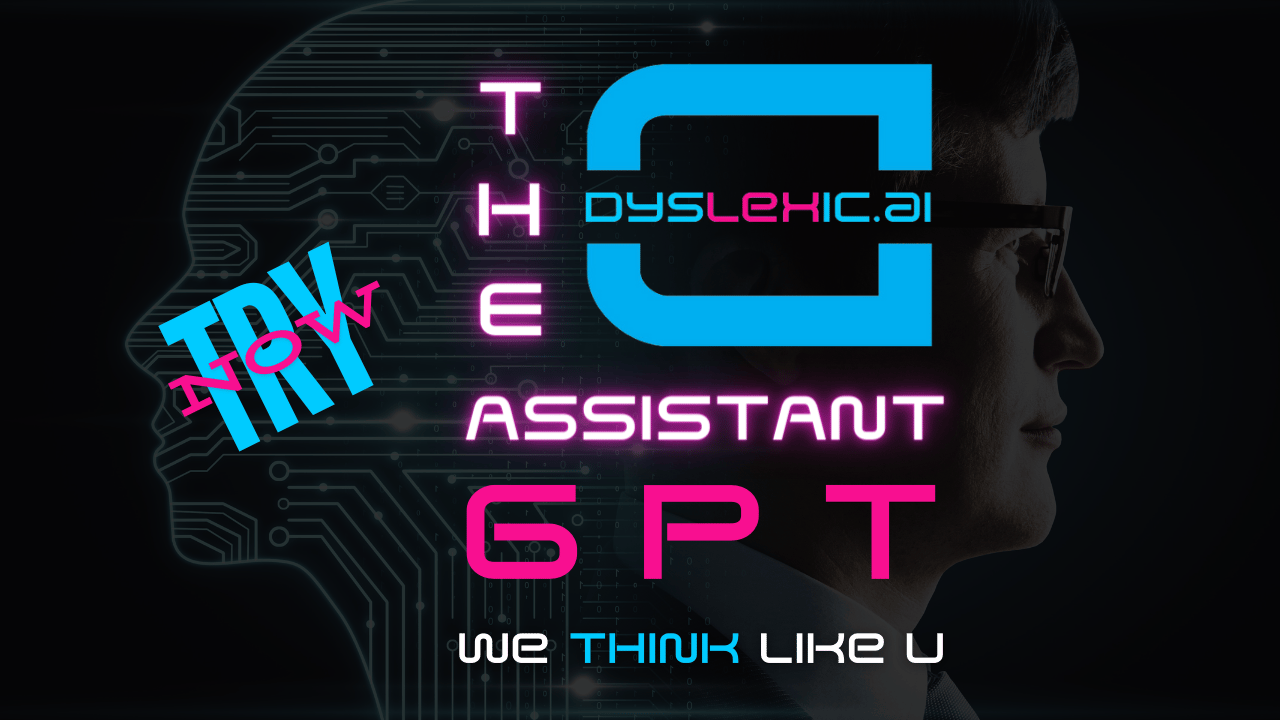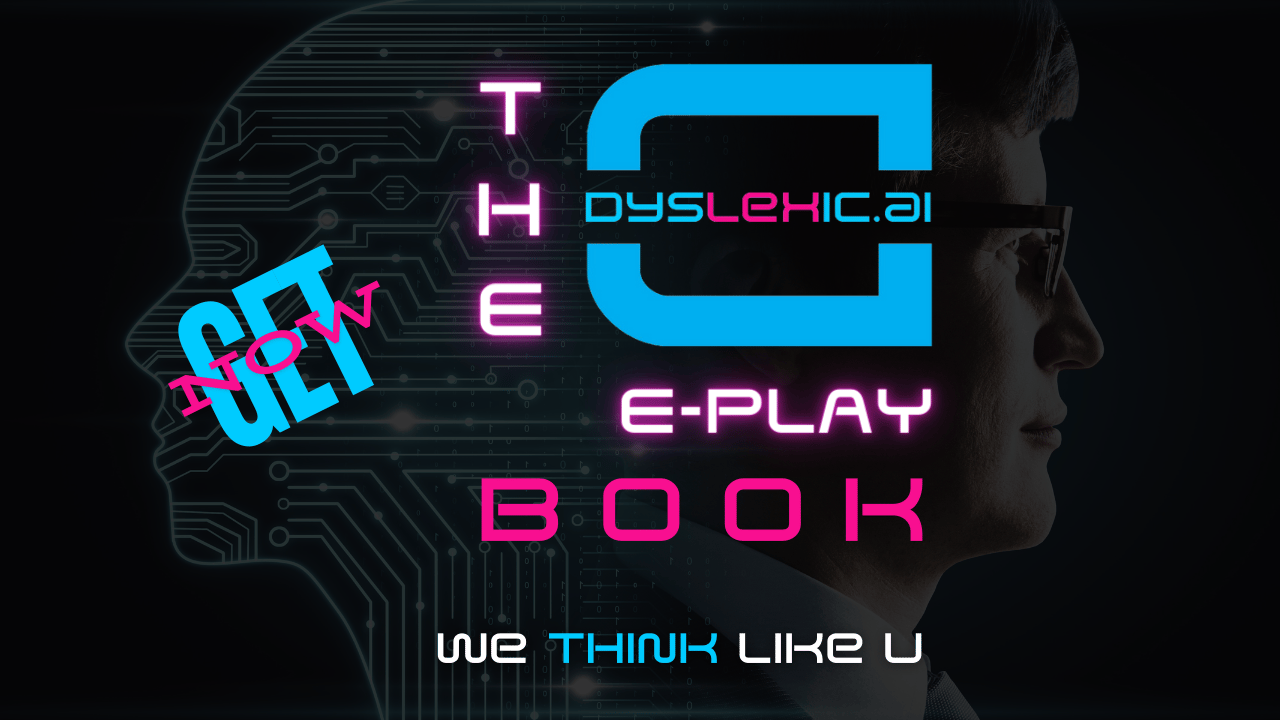- DYSLEXIC AI
- Posts
- Newsletter 237: Understanding AI-Native: The Next Step in AI Literacy
Newsletter 237: Understanding AI-Native: The Next Step in AI Literacy
🧠 Unlocking the Potential: How AI Literacy and AI-Native Thinking Transform the Modern Workplace

Good morning, Dyslexic AI Community,
Today, I’m excited to dive into a concept that resonated deeply with me: AI-Native.
We've talked extensively about AI literacy and fluency, but AI-Native takes this to a new level.
This term is becoming a cornerstone in the tech world, and understanding it can be a game-changer for professionals and entrepreneurs, especially those who are neurodivergent.
Introduction: What is AI-Native?
The term AI-Native refers to individuals who instinctively use AI as an integral part of their problem-solving toolkit.
Just as digital natives are comfortable with technology from an early age, AI-Natives are fluent in leveraging AI for various tasks.
This mindset goes beyond just using AI tools—it's about integrating AI into every aspect of work and life.
Why AI-Native Matters:
Efficiency and Innovation:
Being AI-Native means using AI to streamline processes and spark creativity.
For neurodivergent thinkers, this can mean turning challenges into strengths by finding unique, AI-powered solutions that others might overlook.
Competitive Edge:
In the professional world, AI-Natives have a significant advantage. They can quickly adapt to new tools, making them invaluable in fast-paced environments. This adaptability is particularly beneficial for entrepreneurs who need to pivot and innovate rapidly.
Enhanced Problem-Solving:
AI-Natives are not just users of technology; they are thinkers who can harness AI to solve complex problems. This skill is crucial in a world where data and technology drive decision-making.
The AI-First Mindset:
An AI-First approach is about prioritizing AI in all strategic decisions. It's a proactive stance, ensuring that AI is at the forefront of innovation and operations. This mindset is vital for staying ahead in a competitive landscape.
AI Literacy and Fluency:
We've discussed AI literacy and fluency extensively. AI literacy involves understanding what AI can do, its limitations, and ethical considerations. AI fluency is about using AI effectively and creatively. Together, these skills form the foundation for becoming AI-Native.
AI-Native in the Workplace:
Empowering Employees:
By fostering an AI-Native culture, businesses can empower their employees to use AI tools to their full potential. This leads to higher productivity and more innovative solutions.
Inclusive Hiring:
Hiring AI-Native individuals ensures that the team is capable of leveraging AI for growth. For neurodivergent thinkers, this creates an environment where diverse perspectives are valued and utilized effectively.
Professional Growth:
Encouraging AI literacy and fluency among employees supports their professional development. It prepares them for future roles where AI will play an even more significant part.
Educational Implications:
Curriculum Development:
Integrating AI education into school curriculums ensures that the next generation is prepared to be AI-Native. This includes teaching not just the technical aspects but also the ethical and practical applications of AI.
Personalized Learning:
AI can tailor educational experiences to individual needs, making learning more effective for neurodivergent students. This personalized approach helps in unlocking their full potential.
Closing Thoughts
As we continue to explore the evolving landscape of AI, embracing the AI-Native mindset is crucial.
For neurodivergent and dyslexic thinkers, this means turning what could be seen as obstacles into unique strengths.
By prioritizing AI literacy, fluency, and adopting an AI-First approach, we can unlock new levels of creativity and productivity.
The future is bright for those who are ready to harness the power of AI.
Until next time, keep embracing the power of AI!
Matt Ivey and the Dyslexic AI Team
Visit www.mattivey.com for more insights and subscribe to our newsletter for the latest updates in AI and education.

- AI-Native Defined: Embracing AI as an integral part of problem-solving and innovation.
- Efficiency and Innovation: How AI-Native individuals gain a competitive edge.
- AI-First Approach: Prioritizing AI in strategic decisions.
- AI Literacy and Fluency: Foundational skills for becoming AI-Native.
- Workplace Impact: Empowering employees and inclusive hiring practices.
- Educational Implications: Curriculum development and personalized learning.

What did you think about today's edition? |
What should the next deep dive be about? |
|
|
|





Reply